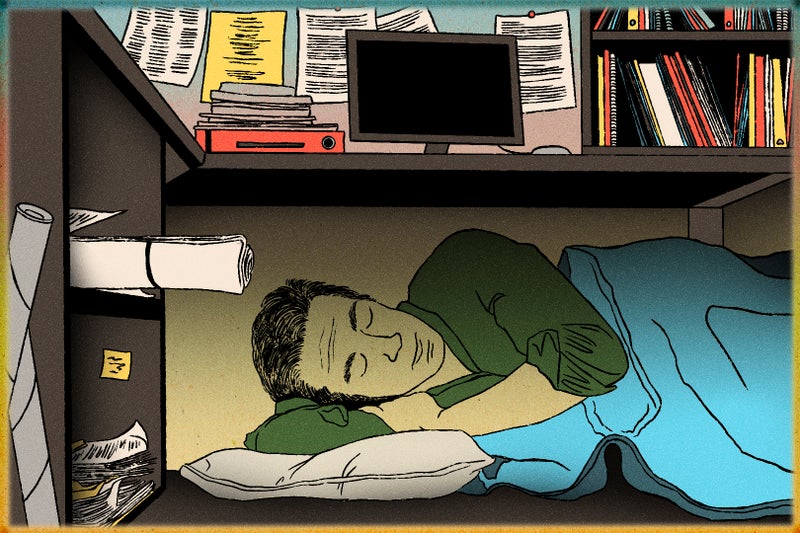The three main potential causes, Nesi explains, are “non-balanced time perspective” (insufficiently considering how our present (in)action affects future us), “incorrect beliefs about willpower” (we don’t believe we have it in us to go to bed, especially, one study suggests, if we’ve had a tough day) and “procrastinatory cognitions”.
Dr Jacqueline Nesi’s excellent Techno Sapiens newsletter recently outlined research on bedtime procrastination and yes, it’s a totally valid topic for study: all those wasted hours lost in thrall to the gravitational pull of soft furnishings (not to mention the risk of sleep disturbance and mood disorders).
This says nothing good about me, but when I read that Oxford quantum physicists had made an exciting step towards teleportation, my first thought was: “Will I live long enough for science to teleport me from the sofa into bed at night?”.
All that brushing, flossing and poking of interdental brush into crannies, the face-washing, peeing and undressing required before I can finally rest feels impossible; I fight it with all the inertia I can muster (and that’s a lot of inertia).
Cognitive-behavioural strategies may help: identifying what causes you to procrastinate, challenging your thought patterns and setting up your environment for success (yes, that’s putting your phone away).































